|
Within weeks of taking office as prime minister of Ethiopia earlier this year, Abiy Ahmed began ushering in a wave of unprecedented reform in the country and the region. That should not, however, detract from some serious challenges the country still faces. Stig Jarle Hansen and Yeshitila Wondemeneh Bekele look at some disturbing trends, including tensions within the ruling party as well as a lack of a formal road map to outline where it's taking the country. Separately, Qingfeng Li unpacks research into what puts children most at risk of injury in the country.
It’s been a landmark year for Ethiopia, and we’ve published a number of articles marking the big moments. In case you missed some, we’re republishing Namhla Matshanda’s look at how Abiy’s reforms will affect the region as well as analysis by Yohannes Gedamu. You can also read Yirga Gelaw Woldeyes on why the voices of rural people matter and Martin Plaut on the implications for Eritrea.
|
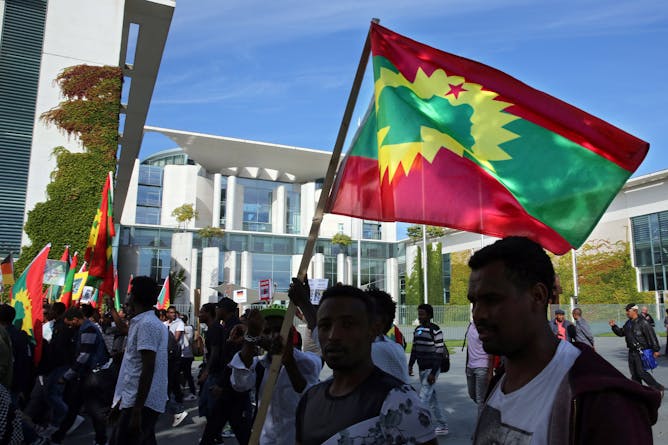
Members of the Ethiophian Oromo Liberation Front protest against the political situation in their country in front of the Chancellery in Berlin.
EPA/Wolfgang Kumm
Stig Jarle Hansen, Norwegian University of Life Sciences; Yeshitila Wondemeneh Bekele, Hawassa University
There have been positive changes in Ethiopia but major challenges, including ethnic tensions, remain.
|
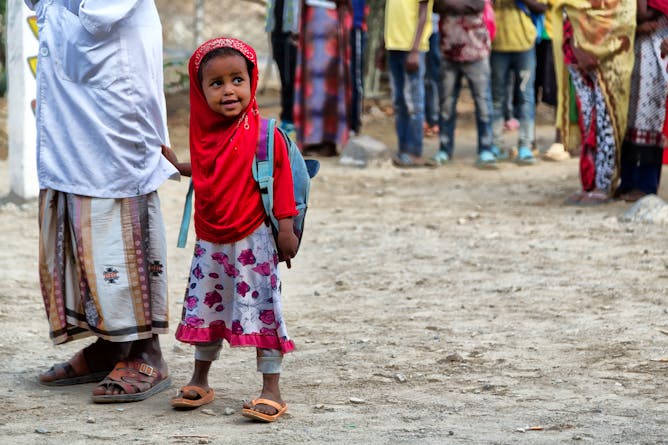
The leading causes of child injury in Ethiopia are road traffic crashes, burns, and drownings.
Ikpro/Shutterstock
Qingfeng Li, Johns Hopkins University
Ethiopia has a high number of injury-related deaths and disabilities among children.
|
Ethiopia's big year
|
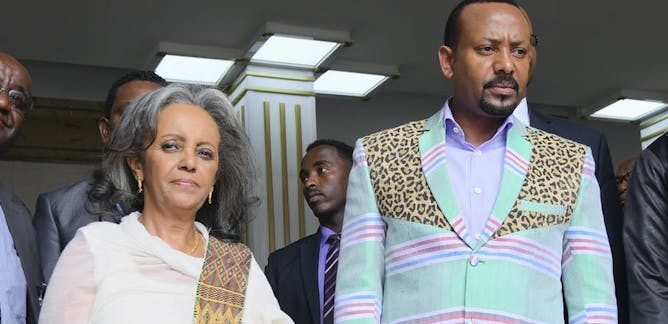
Yohannes Gedamu, Georgia Gwinnett College
Women in Ethiopia are shaking the foundations of the country's political framework by taking on powerful positions.
| |
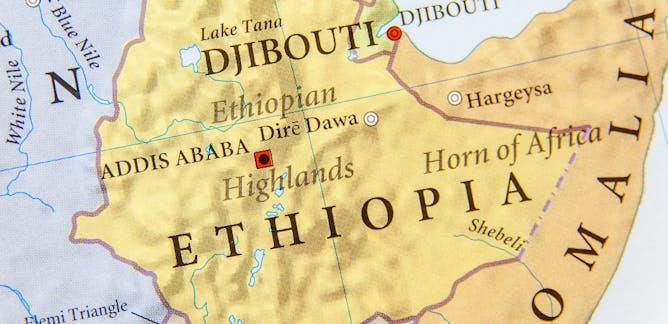
Namhla Matshanda, University of the Western Cape
Tensions, both within Ethiopia and between Ethiopia and its neighbours, are rooted in history.
|
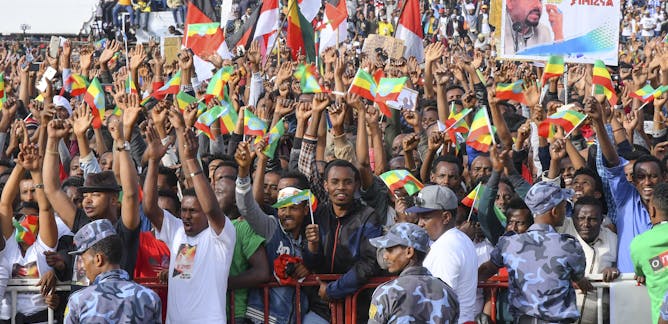
Yohannes Gedamu, Georgia Gwinnett College
Can Ethiopian Prime Minister Abiy Ahmed overcome the country's contemporary history of tribal politics?
| |

Mohammed Girma, University of Pretoria
Ethiopia's Prime Minister Abiy Ahmed needs to strike a balance between forgiveness and justice.
|
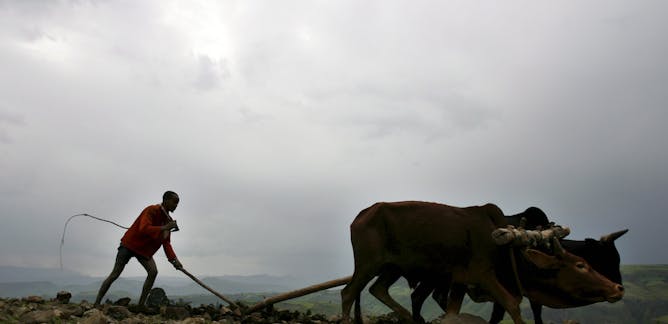
Yirga Gelaw Woldeyes, Curtin University
Despite all Ethiopia's Abiy Ahmed's inspirational reforms, there can be no progress without the rural majority.
| |
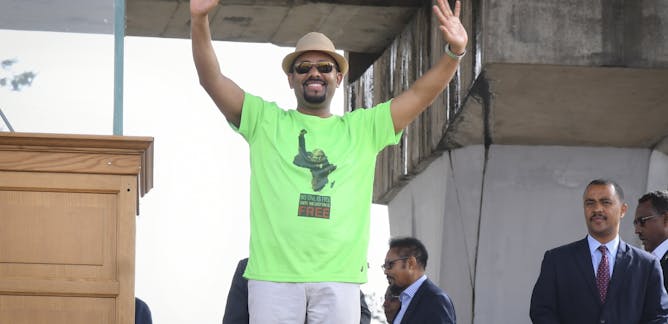
Yohannes Gedamu, Georgia Gwinnett College
Relations between Ethiopia and Eritrea have improved thanks to efforts made by Ethiopia's new premier.
|
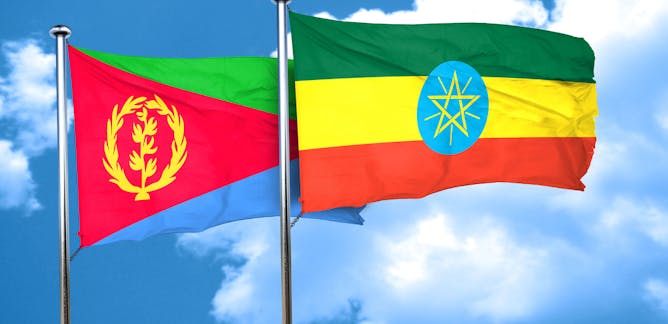
Martin Plaut, School of Advanced Study
Few believed they would see an end to two decades of hostility between Eritrea and Ethiopia.
| |
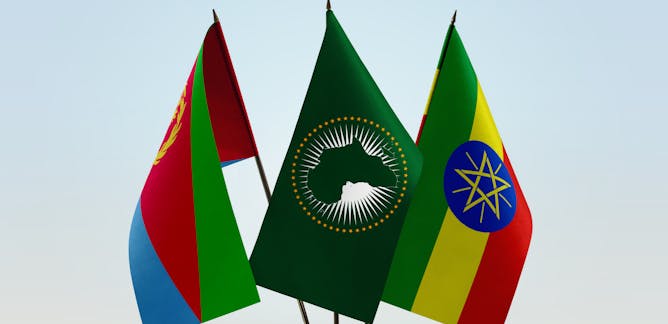
Yohannes Gedamu, Georgia Gwinnett College
If peace is achieved between Ethiopia and Eritrea, it will help stabilise the Horn of Africa, and the broader East Africa region.
|
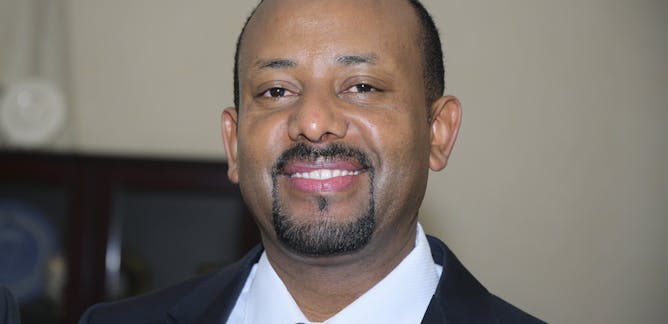
Yohannes Gedamu, Georgia Gwinnett College
Dr Abiy Ahmed has been sworn in as the new prime minister of Ethiopia. The youthful Oromo leader now faces the herculean task of uniting a divided country.
| |
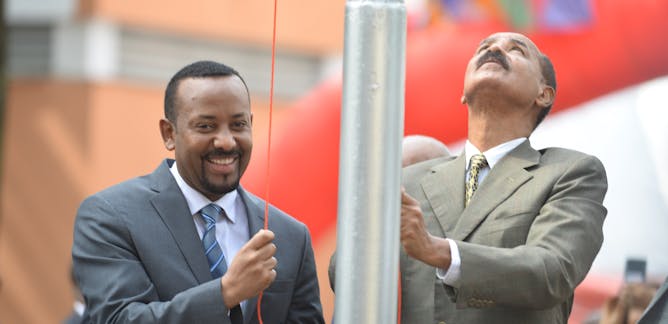
Martin Plaut, School of Advanced Study
The lifting of UN Sanctions is unlikely to end internal and external pressure for reform and greater democracy in Eritrea.
|
|
|
Environment + Energy
|
-
Julia P G Jones, Bangor University
A recent spate of attacks have left local people scared for their safety in rural Madagascar, threatening vital conservation work in the nearby rainforest.
|
|
Education
|
-
Renata Schoeman, Stellenbosch University
School children with attention-deficit/ hyperactivity disorder (ADHD) have limited access to care in South Africa's education and health sectors.
|
|
From our international editions
|
-
Allison McDonald, University of Michigan
Private companies – many based in the US – are blocking access to their websites from particular countries around the world. It's contributing to a splintering of the global internet.
-
Oliver Patel, UCL
The legal and practical steps that would be required for no Brexit to happen.
|
|